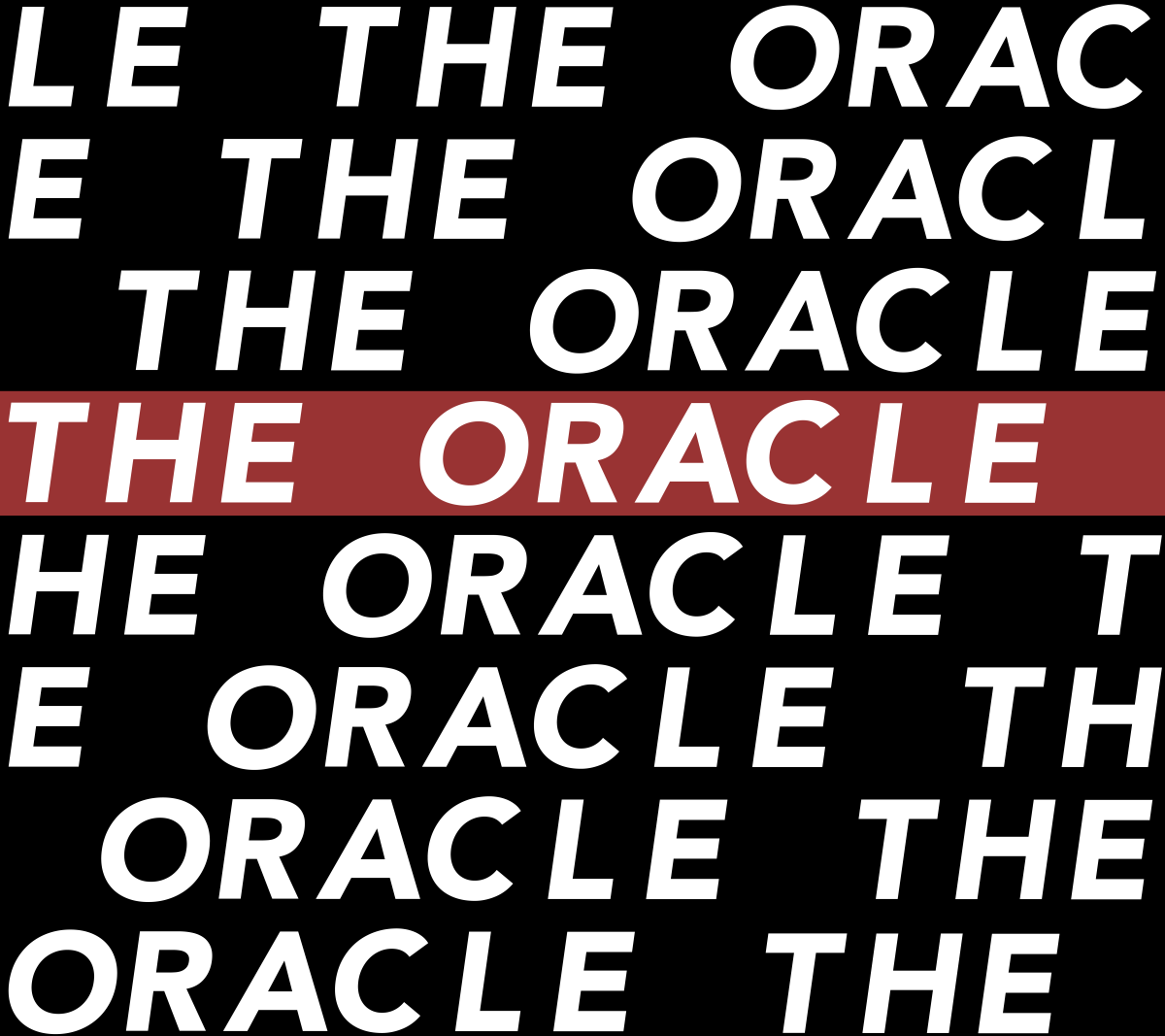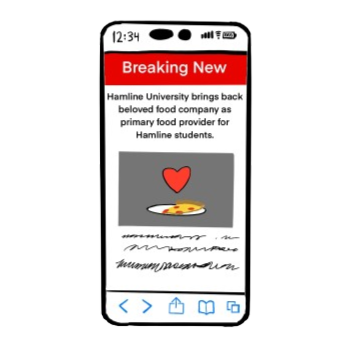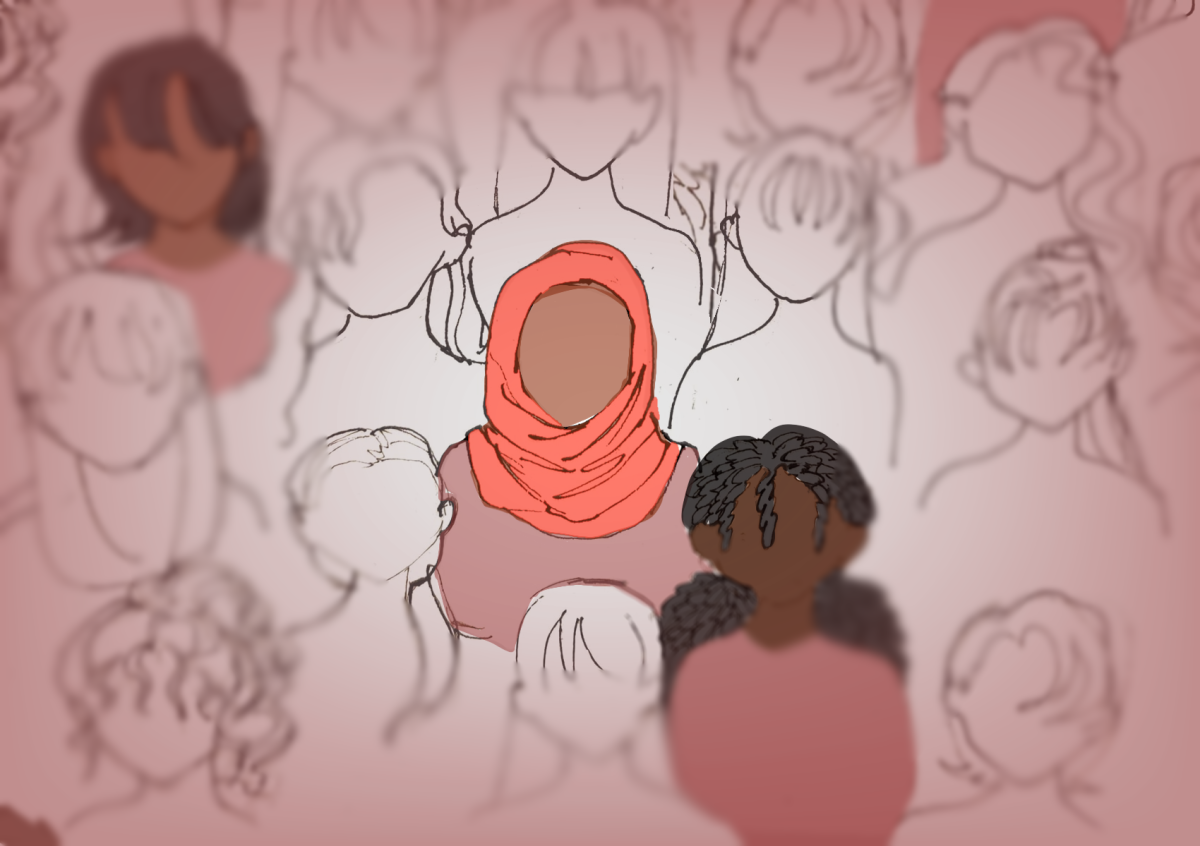The advent of the internet has brought about a significant transformation in the way people communicate, making it possible for people to connect instantly, regardless of their location. This has given rise to a unique linguistic landscape that is associated with the younger generations, including Millennials, Generation Z, and the emerging Generation Alpha.
In addition to the traditional internet lingo, the popularity of social media platforms like TikTok has further enriched the digital lexicon, leading to the creation of a whole new set of slang words, phrases and memes that have become a part of everyday conversation. The distinct language used on TikTok is characterized by its brevity, humor and creativity, and has become a hallmark of the platform.
However, the proliferation of internet slang and the incorporation of TikTok terminology have raised concerns about their impact on intergenerational communication. While some argue that these new forms of language are simply a reflection of the changing times, others worry that they could create a communication gap between different age groups, leading to misunderstandings and misinterpretations. Despite these concerns, it is undeniable that the internet and social media have had a significant impact on the way we communicate, and it is likely that we will continue to see the emergence of new forms of language in the years to come.
The Millennial generation, born between 1981 and 1996, was the first to grow up in a world where digital technology was rapidly advancing. They witnessed the emergence and widespread adoption of social media platforms such as Facebook, Twitter, Instagram, and MySpace, which became defining social moments for them. They also experienced the rise of text messaging, revolutionizing the way people communicated and interacted with each other.
Millennials made significant contributions to the English language, introducing a range of acronyms and slang that are now commonly used in digital communication. For instance, they popularized acronyms like “BRB” (be right back), “LOL” (laugh out loud), “totes” (totally), and “TTYL” (talk to you later). These expressions were not only used to save time and space in online conversations, but they also conveyed a sense of informality and familiarity, which made them appealing to young people. Furthermore, Millennials introduced internet slang that became part of the digital vernacular. Expressions like “bae” (before anyone else), “FOMO” (fear of missing out), and “ICYMI” (in case you missed it) were some of the most popular ones. These phrases captured the zeitgeist of the time and reflected the values, attitudes, and experiences of the Millennial generation. Other notable mentions in the Millennial lexicon include “basic”, which refers to a person or thing that is unoriginal or mainstream; “adulting,” “on fleek,” “ghosting,” “smol,” and “yas.”
Generation Z, born between 1997 and 2012 (it’s the years for me), has grown up in a world that is digitally connected, where smartphones, social media, and the internet have become an indispensable part of their everyday lives. They have witnessed and experienced some defining social moments with the introduction of smartphones, Instagram, Musical.ly which became TikTok, Twitter which became X, and Snapchat. One of the most significant contributions of Gen Z to the evolution of internet language is the widespread use of emojis, memes, and GIFs. These non-verbal cues have become a vital part of their online communication, helping them express emotions and convey messages more engagingly and expressively.
In recent years, the rise of TikTok has introduced a unique form of short-form video content, which has quickly become a favorite among Gen Z. This platform has also given birth to a new set of slang words and phrases, which have become an integral part of the generation’s vocabulary. This growing vocabulary includes words like “Simp” (showing excessive admiration for someone), “Tea” (gossip or information), “ate” (praise), “bffr” (be serious), “bussin” (good), “iykyk” (if you know, you know), and “rizz” (charm), contributing to a shared language and culture that is unique to their generation.
Some other notable mentions include “bde,” “zesty,” “yeet,” “frfr,” “on god,” “slay,” “canon,” “main character energy,” “villain era,” “ratio,” “mid,” “ok boomer,” “NPC,” “Gyat,” and “gatekeep gaslight girlboss.” In summary, Gen Z is giving, and let me be outta pocket real quick, iPad kid. And that’s on period.
Real quick, let’s talk about the OGs (original gangstas). Born between 1965 and 1980, Gen X-ers also grew up during a time of defining social moments, marked by the rise of MTV, the emergence of hip-hop culture, and the birth of grunge music. These cultural movements inspired a new wave of expressions and slang, which became emblematic of the Gen X experience.
One defining characteristic of Gen X slang is its emphasis on individualism and rebellion against the status quo. Phrases like “rad”, “gnarly”, and “totally tubular”, reflect the spirit of non-conformity and self-expression that defined Gen X culture.
In addition to these iconic phrases, Gen Xers also coined several other expressions that have since become a part of the broader vernacular. Phrases like “chill pill,” “diss,” “hella,” “dude,” “to the max,” “vibe,” “trippin,” “literally,” “as if,” “lame,” and “bummer” have all become part of the cultural lexicon, providing a nostalgic bridge between the analog and digital eras. By recognizing and celebrating the linguistic contributions of Generation X, we gain a deeper understanding and appreciation of how language and culture intersect and evolve.
Born any time after the year 2013, the youngest generation, known as Generation Alpha, continues to grow and shape its digital identity. It’s clear that touchscreens, tablets and an interconnected world are defining social moments for these young individuals. These devices have become an integral part of their daily lives, and they are using them to connect with others around the world and stay up-to-date with the latest trends and challenges.
One social media platform that has played a significant role in their language development and social lives is TikTok. TikTok trends and challenges are often characterized by specific phrases and movements, creating a multimodal environment that demands a versatile approach to language. For example, some TikTok challenges require participants to lip-sync to a particular song or recite a specific phrase while performing a particular movement or dance. These challenges are often shared and re-created by thousands of individuals, resulting in a unique language that can be challenging to understand for those outside of the platform. In conclusion, the only thing noteworthy that Gen Alpha has, and no hate, is skibidi toilet and I still don’t get it. As an older sister to two Gen Alpha’s, what is going on? All we can say is, let them cook.
The use of TikTok and its slang, along with other internet jargon, has undoubtedly enriched digital communication, especially among younger generations. The platform’s popularity has given rise to a unique set of expressions and abbreviations that have become increasingly prevalent in online conversations.
However, this shift in communication style presents a new challenge for intergenerational understanding. The rapid evolution of language and the introduction of TikTok-specific expressions can lead to misunderstandings between different age groups. For example, an older person might not be familiar with the meanings of words such as “simp” or “stan,” which have become commonplace in Gen Z’s online conversations.
Furthermore, the brevity and informality of TikTok slang and internet lingo may create a perception of unprofessionalism in certain settings. For instance, using such language in a corporate or academic environment might not be seen as appropriate or acceptable.
Striking a balance between the convenience of digital shorthand and the expectations of traditional communication is crucial for promoting effective cross-generational dialogue. While it is important to embrace new modes of expression, it is equally important to ensure that communication remains clear and respectful, regardless of the medium used. We have all seen the videos of Gen Z in the workforce or as adults, and it is worth noting that such shifts in communication style are happening.
The evolution of language from Millennials to Generation Alpha is particularly fascinating. As each new generation grows up immersed in the latest technological advancements, the language they use to communicate with one another changes accordingly. This shift can be seen in everything from the way we use abbreviations and acronyms to the rise of new words and phrases.






